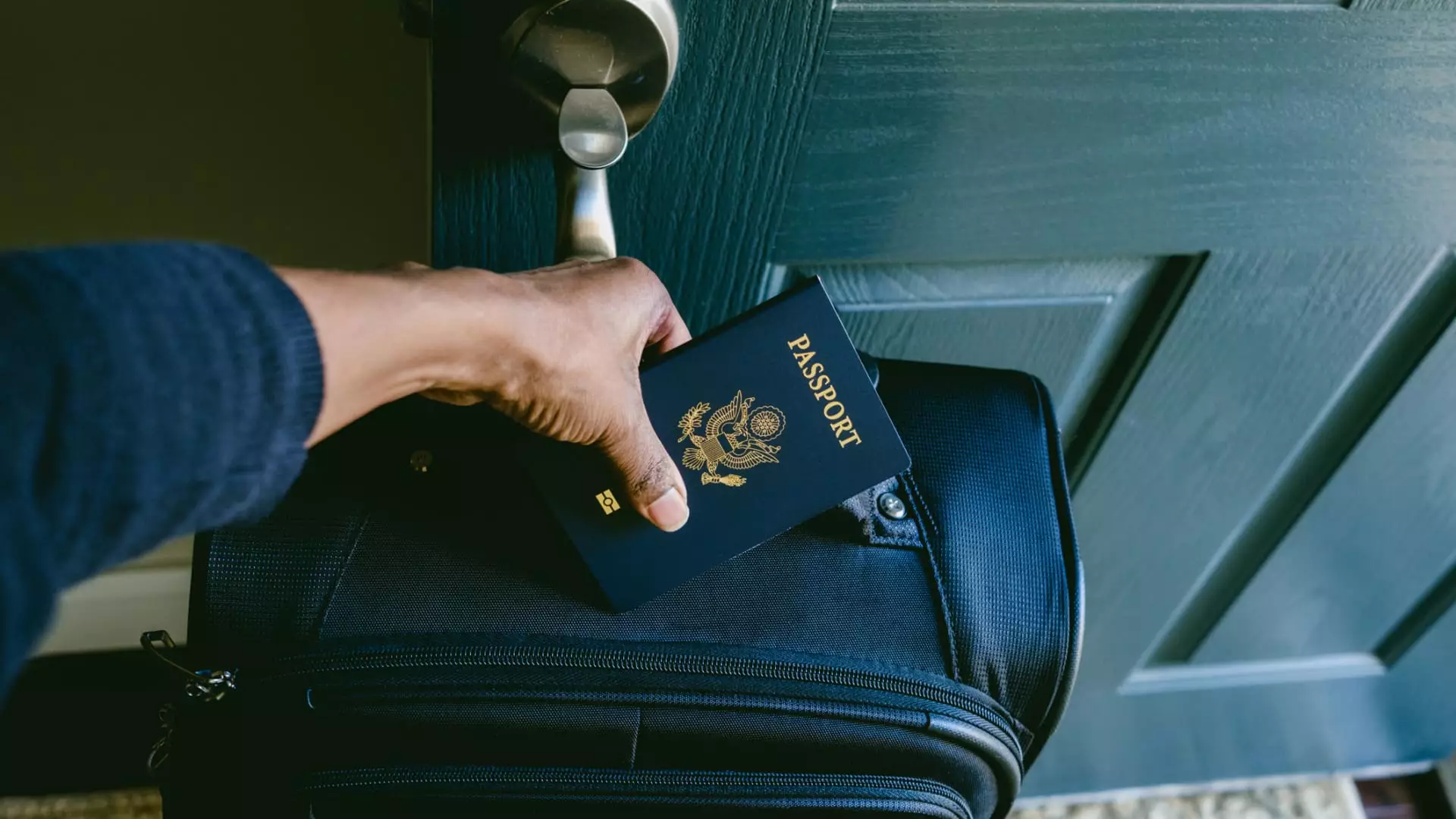In recent years, travelers have faced stricter consequences when it comes to ignoring big tax bills. The federal government now has the authority to revoke or limit passports if an individual has a “seriously delinquent tax debt.” This threshold is quite high, reaching over $62,000 in 2024, and includes the total federal tax liabilities, penalties, and interest. There has been a significant increase in the use of this enforcement mechanism since its establishment in 2018. Experts see it as a last resort to collect unpaid taxes and get the attention of taxpayers who have ignored their obligations.
The Impact on Travel
The repercussions of having a seriously delinquent tax debt can have severe impacts on an individual’s ability to travel. The State Department may refuse to issue a new passport or revoke/limit an existing one in cases of serious delinquency. This means that travelers may not be able to take trips overseas until they have resolved their tax debt. Those living abroad or traveling for business purposes may be required to return to the U.S. until their tax case is resolved. It is a significant measure taken by the government to ensure taxpayers meet their obligations.
Several individuals have already felt the effects of having their passports revoked due to tax debts. Stories of travelers being informed of their revoked passports while at the airport trying to fly internationally are not uncommon. The measures taken by the IRS and the State Department have proven effective in getting individuals to address their tax debts and engage with the authorities. It is a powerful tool used to ensure compliance with tax laws and regulations.
The revocation of passports due to seriously delinquent tax debts is a lawful process that the federal government can pursue. The IRS must exhaust all other collection activities before resorting to such extreme measures. Courts have upheld the government’s authority to revoke passports to collect tax debts as constitutional. Recent cases have set precedents for these actions and have established that it is a legitimate tool in enforcing tax compliance. The government follows a specific process of notification and provides individuals with an opportunity to address their debts before revoking their passports.
To avoid the revocation or limitation of a passport due to tax debts, individuals must be proactive in resolving their outstanding obligations. This may involve paying the balance in full, entering into a payment plan, or making a compromise agreement with the IRS. Communication with the IRS and cooperation in resolving tax issues are crucial to prevent any disruptions to travel plans. The State Department may limit passport use to return travel to the U.S. only, preventing individuals from being stranded outside the country.
The consequences of ignoring tax bills can be severe and impact an individual’s ability to travel freely. The federal government’s enforcement mechanisms, including passport revocation or limitation, serve as a strong deterrent to tax evasion and non-compliance. It is essential for taxpayers to take their obligations seriously and address any outstanding tax debts promptly to avoid facing such repercussions. Ignoring tax bills can lead to financial and personal consequences that can be challenging to resolve once the authorities take action.

